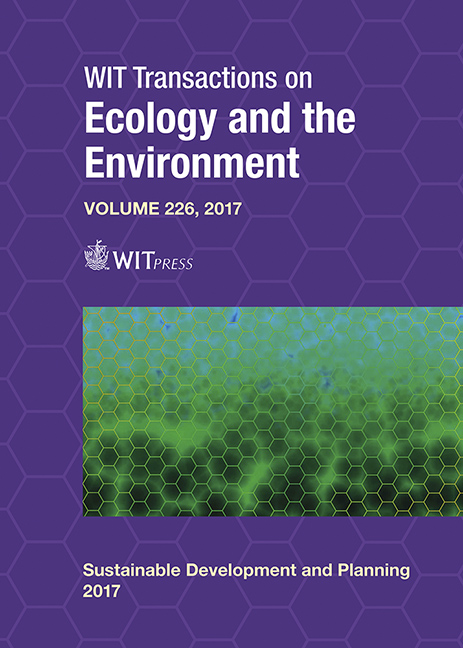TRANSIENCY, FLY-IN-FLY-OUT WORKERS, AND SUSTAINABILITY: PERCEPTIONS FROM WITHIN A RESOURCE-BASED COMMUNITY
Price
Free (open access)
Transaction
Volume
226
Pages
11
Page Range
95 - 105
Published
2017
Size
456 kb
Paper DOI
10.2495/SDP170091
Copyright
WIT Press
Author(s)
LEITH DEACON, JACOB W. PAPINEAU, TRINA LAMANES
Abstract
The dynamics of the modern workforce required for large industrial development has changed over the last several decades. More specifically, many companies based in oil and gas extraction are opting to adopt a fly-in-fly-out (FIFO) workforce model, in particular those based on the extraction and production of oil and gas, in an attempt to minimize infrastructure costs and alter the cyclic boom/bust nature associated with resource extraction. Employing semi-structured interviews with key informants from Fort McMurray, Alberta, perhaps the most notorious resource-based community in Canadian history, this paper details how residents perceive the FIFO workers and what impacts this new employment strategy may have on their community. The primary findings indicate that while it is necessary to have access a large workforce, the use of FIFO workers negatively impacts the local community in several ways. First, the use of FIFO workers not only reduces the interaction that employees have with the nearby community, but alters their perception of that community. Second, FIFO workers access local infrastructure (e.g. healthcare) but do not support further development through taxes and discretionary income. Third, the transiency of FIFO workers affects place-attachment and long-term sustainability of the region. This research contributes to existing literature on resource-based communities, sustainable urban development, and FIFO employment through use of a Canadian case-study that illustrates local experiences of the impacts of a relatively new employment model that has the potential to significantly impact resource-based communities.
Keywords
resource-based communities, sustainability, planning, resiliency, recreation, leisure, Canada, fly-in-fly-out





